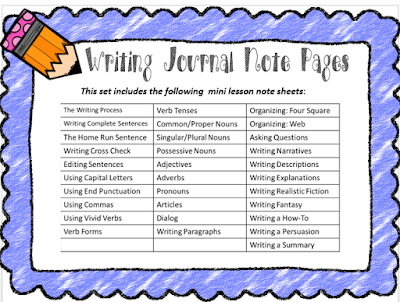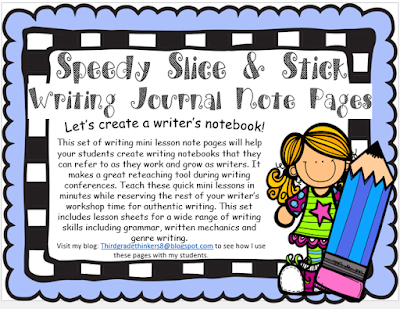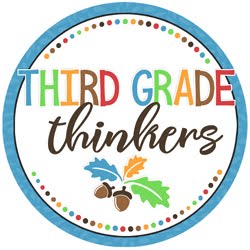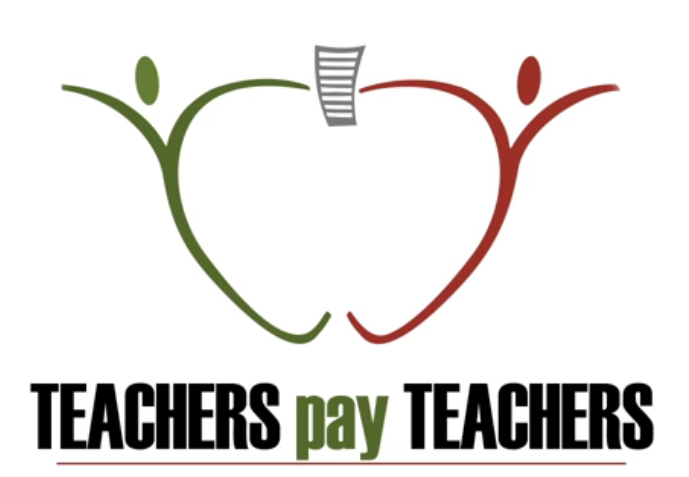Someone recently asked me a simple question, "What's your biggest challenge in the classroom?"
My reply was, "Time". There is never enough of it.
I read Cultures of Thinking by Ron Ritchhart this summer.
He has a whole chapter devoted to the topic. It's entitled: Time: Learning to Be Its Master Rather Than Its Victim. A fitting title, don't you think? There have been many days in the classroom when I feel I'm battling the moving hands of that clock, trying to defeat it, trying to fit everything in.
In his book, Ritchhart calls for teachers to do some deep reflecting on what it is they spend time on.
He points out that what we spend our time on is a direct statement of our priorities and values.
We know that the amount of "interactive, engaged time " the students experience is strongly correlated with learning outcomes. How can we allocate more time for the stuff that matters? Ritchhart calls us to shift our thinking about time in two ways: to move our focus from ourselves to our students and to move away from "prioritizing our schedule" to "scheduling our priorities".
This brings me to the topic of writing. We have a jam packed language arts block and only about 30 minutes to devote entirely to writing. What are my priorities? If kids are going to grow as writers, they need to have time to write, share and reflect.
This year the plan is to keep skill lessons truly "mini lessons"...short and laser focused. Ritchhart reminds us that "coaching and providing feedback are what propels learning and creates momentum". Besides having kids spend the bulk of their writing time on writing, I also want to reserve time for conferencing with individuals.
With this in mind, I have reworked the way that I am going to run my writing minilessons and have created a set of lesson note sheets. I love interactive notebooks, but now feel that the time spent on folding, cutting, gluing and filling out does not make my list of priorities. The beauty of a writer's notebook is that it becomes a record of learning and a reference for them to use during writing time.
We create our writing notebooks by stapling two pocket folders together. We use the pronged folders so we can fill it with lined paper. I like the folders instead of a composition book because they provide pockets to put their drafts and mini thesaurus in.
The first notebook is reserved for our reference sheets. These are run off ahead of time and already placed inside before the notebooks are given to the student. It includes a sheet to help students brainstorm ideas for writing topics, word lists, writing trait information, etc.
My writing folder printables are included in my TPT store.
This summer, I spent time creating a set of writing skill note sheets that students can simply slice in half and stick onto pages in their writing journals. The skill or strategy is explained on one half and there is a quick practice on the other. We'll fill out the notes together and then I'll decide if it is worth doing the practice. I think there are times when we'll do a practice using the students' own writing samples instead, but it is there if I need to use it.
I think these will be super handy during writing conferences. The writer and I can flip back to a lesson previously taught if it is a skill that needs to be reviewed or worked on.
Here are the mini lessons I plan on teaching this year. I will let the needs of my students and my Virginia standards dictate the depth and time I devote to each one.
I have included this set of mini lesson note pages in my TPT store as well.
You can click the link below to check them out.
What are your thoughts on managing time during your writer's workshop block?
I would love to hear!
Email @ youngdor8@gmail.com

























 youngdor8@gmail.com
youngdor8@gmail.com

















